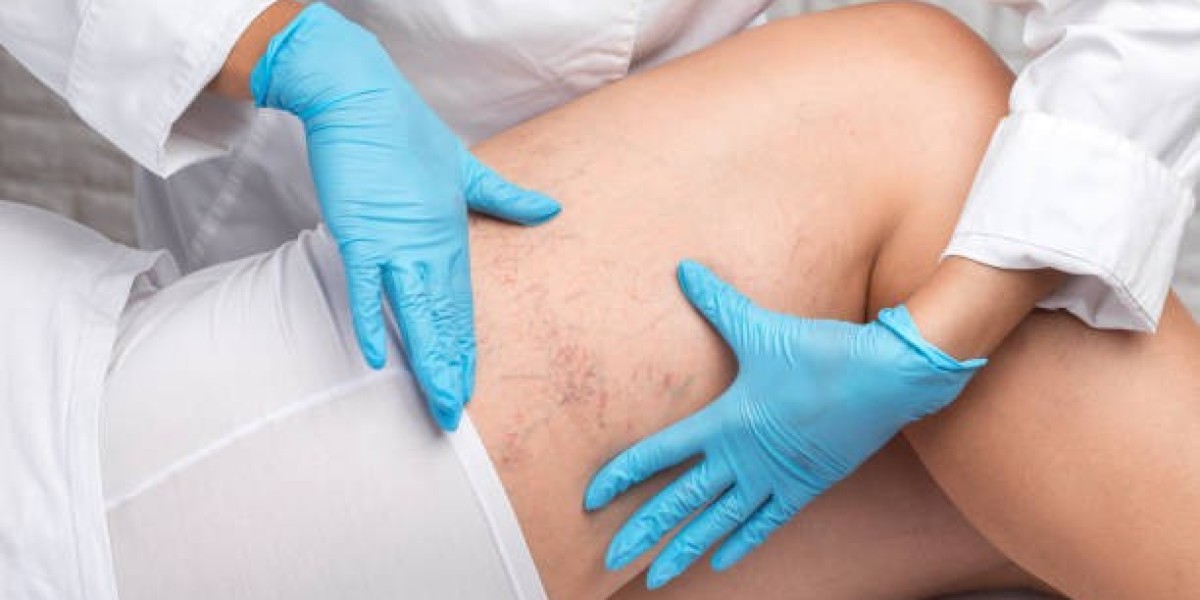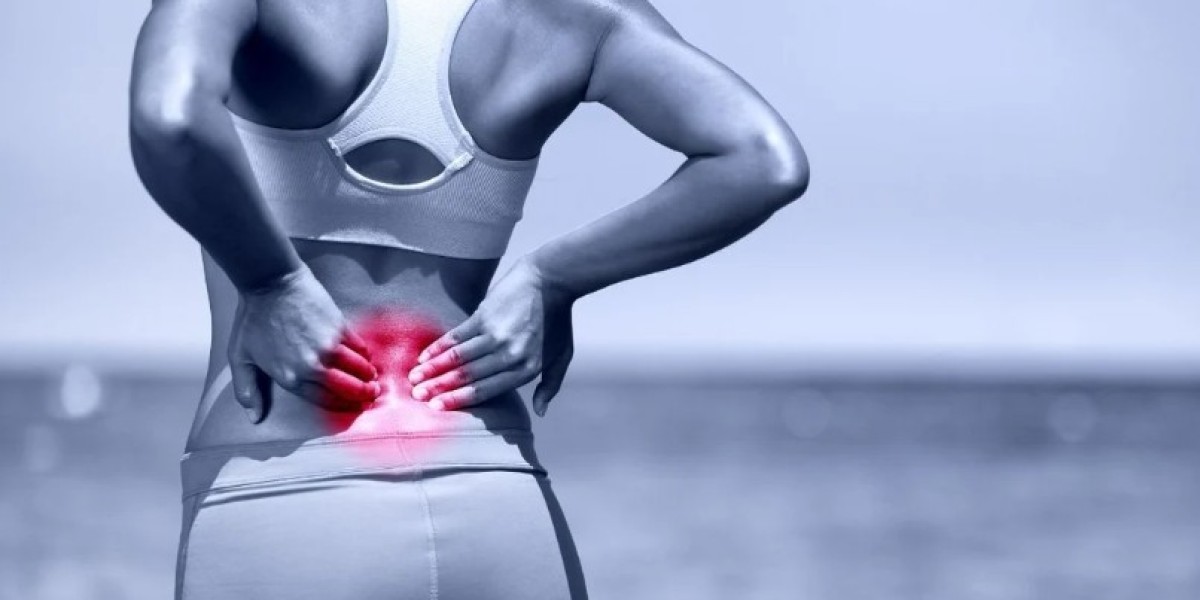Vascular surgery is a specialized field that focuses on treating diseases of the vascular system, including arteries, veins, and lymphatic vessels. In Riyadh, this type of surgery has gained prominence as a solution for various circulatory disorders. However, the success of vascular surgery does not solely depend on the surgical procedure itself; it is significantly influenced by lifestyle changes that patients make before and after the operation. This blog will explore the crucial role that lifestyle modifications play in enhancing the outcomes of vascular surgery in Riyadh .
Understanding Vascular Surgery
What is Vascular Surgery?
Vascular surgery involves surgical procedures that treat diseases and conditions affecting blood vessels. This may include the treatment of aneurysms, varicose veins, and peripheral artery disease. The goal is to restore proper blood flow and alleviate symptoms that could lead to severe complications.
Importance of Vascular Surgery
Vascular surgery can prevent severe complications like heart attacks, strokes, and limb loss. By improving blood circulation, patients can significantly enhance their overall health and quality of life.
The Interconnection Between Lifestyle and Surgical Success
The Impact of Lifestyle on Vascular Health
Research indicates that a patient's lifestyle choices can directly affect their vascular health. Factors such as diet, exercise, smoking, and alcohol consumption play a pivotal role in determining the success of surgical interventions.
Why Lifestyle Changes Matter
Making healthy lifestyle changes can lead to improved cardiovascular health, reduced risk of complications, and better surgical outcomes. This is especially critical in the context of vascular surgery in Riyadh, where individuals may be at higher risk due to lifestyle factors prevalent in urban settings.
Key Lifestyle Changes for Vascular Surgery Success
1. Adopting a Heart-Healthy Diet
Nutritional Guidelines
A heart-healthy diet is essential for improving vascular health. This diet should include:
- Fruits and Vegetables: Rich in antioxidants and vitamins.
- Whole Grains: Provide necessary fiber and nutrients.
- Lean Proteins: Such as fish, poultry, and legumes.
- Healthy Fats: Including avocados, nuts, and olive oil.
Benefits of Healthy Eating
A balanced diet can help lower cholesterol levels, reduce blood pressure, and promote better circulation, all of which are critical before undergoing vascular surgery in Riyadh.
2. Regular Physical Activity
Importance of Exercise
Engaging in regular physical activity can strengthen the cardiovascular system. Recommended activities include:
- Aerobic Exercises: Such as walking, cycling, or swimming.
- Strength Training: Helps build muscle mass and improve metabolism.
- Flexibility Exercises: Like yoga or stretching to enhance overall mobility.
Exercise Recommendations
Aim for at least 150 minutes of moderate aerobic activity each week. This can help reduce body weight, improve blood flow, and lower the risk of complications associated with vascular conditions.
3. Quitting Smoking
Health Risks Associated with Smoking
Smoking is one of the most significant risk factors for vascular diseases. It can lead to:
- Narrowing of Blood Vessels: Causing reduced blood flow.
- Increased Blood Clotting: Elevating the risk of stroke and heart attack.
- Slowed Recovery: After surgical procedures.
Strategies for Quitting
- Nicotine Replacement Therapy: Options include patches or gum.
- Counseling and Support Groups: Provides encouragement and accountability.
- Setting a Quit Date: Helps mentally prepare for the change.
4. Managing Stress
The Connection Between Stress and Vascular Health
Chronic stress can lead to high blood pressure and increased heart rate, which negatively impacts vascular health. Effective stress management techniques include:
- Mindfulness and Meditation: Helps calm the mind and reduce anxiety.
- Deep Breathing Exercises: Can lower stress levels and promote relaxation.
- Physical Activity: Exercise can also be a great stress reliever.
5. Monitoring Health Metrics
Importance of Regular Check-Ups
Monitoring health metrics such as blood pressure, cholesterol levels, and blood sugar is crucial. Regular health screenings can help identify potential issues early, allowing for timely intervention.
How to Monitor Effectively
- Keep a Health Journal: Track dietary habits, exercise routines, and medical appointments.
- Use Health Apps: Many apps can help monitor vital statistics and remind you of medical check-ups.
Pre-Surgical Preparations: How Lifestyle Changes Make a Difference
Preparing for Surgery
Making lifestyle changes before surgery can significantly enhance recovery. This includes:
- Weight Management: Reducing excess weight can lower the risk of complications during surgery.
- Improving Nutritional Status: Ensuring that the body has adequate nutrients promotes healing and recovery.
The Role of a Support System
Having a support system in place can encourage adherence to lifestyle changes. Friends and family can motivate individuals to stick to their health plans and attend follow-up appointments.
Post-Surgical Lifestyle Adjustments
Recovery and Rehabilitation
After vascular surgery in Riyadh , it is crucial to continue with healthy lifestyle practices. This includes:
- Gradual Resumption of Physical Activity: Follow your healthcare provider’s recommendations regarding when to start exercising again.
- Continued Healthy Eating: To support healing and overall health.
Long-Term Lifestyle Commitments
The changes made before and after surgery should be viewed as long-term commitments rather than temporary adjustments. This approach will help maintain the benefits of surgery and promote overall well-being.
Conclusion
Lifestyle changes play an essential role in the success of vascular surgery in Riyadh. By adopting a heart-healthy diet, engaging in regular exercise, quitting smoking, managing stress, and monitoring health metrics, individuals can significantly enhance their surgical outcomes. Furthermore, these lifestyle modifications contribute to improved overall health and well-being, reducing the risk of future vascular issues. Embracing these changes not only aids in recovery but also fosters a healthier, more fulfilling life.







